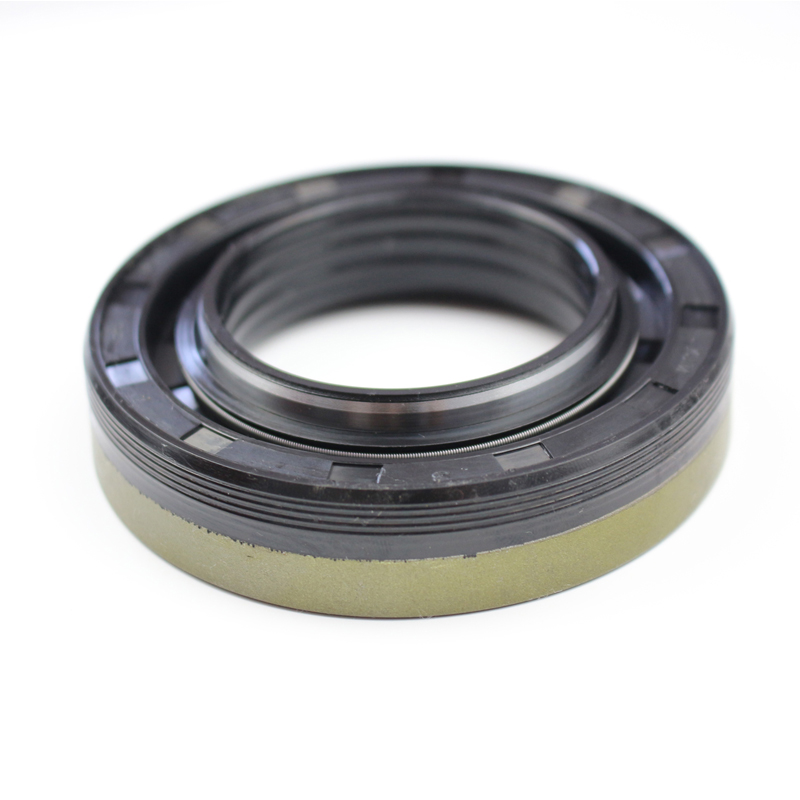Best Seals for Oil Pan Protection and Leak Prevention in Your Vehicle
The Importance of Sealing in Oil Pans
An oil pan is a crucial component of an engine's lubrication system, serving as the reservoir for engine oil. Proper sealing of the oil pan is essential for maintaining optimal engine performance, ensuring longevity, and preventing leaks. This article will delve into the significance of using high-quality seals in oil pans, the materials involved, maintenance considerations, and the consequences of neglecting this vital aspect of engine care.
The Role of Seals in Oil Pans
The primary function of the seal in an oil pan is to contain the engine oil within the pan, preventing leakage that could lead to serious engine problems. An effective seal ensures that oil circulates properly throughout the engine, minimizing wear on components and maintaining the necessary lubrication under various operating conditions. Additionally, the seal acts as a barrier against contaminants that could enter the oil system, ultimately contributing to the engine's overall health.
Materials Used for Seals
Oil pan seals are made from various materials, each offering different benefits. The most common materials include rubber, silicone, and cork.
- Rubber seals are flexible and provide good resistance to oil degradation, making them suitable for most applications. They can withstand a range of temperatures but may become brittle over time, especially if exposed to high heat frequently.
- Silicone seals offer superior flexibility and temperature resistance, making them ideal for high-performance engines. They are less likely to become brittle and can provide a more robust seal, especially in applications where vibrations are prevalent.
- Cork seals are traditionally used in older engines and are often found in some classic car restorations. While they can provide a good seal, cork is less durable compared to modern materials and may require more frequent maintenance.
seal for oil pan

Choosing the right material is crucial to ensuring the longevity and efficacy of the seal. Engineers and mechanics typically recommend seals that are tailored specifically for the vehicle model to guarantee compatibility and performance.
Maintenance and Inspection
Regular maintenance and inspections of the oil pan and its seals are essential. Over time, seals can wear out, leading to leaks that may go unnoticed until significant damage occurs. Routine oil changes provide an excellent opportunity to inspect the condition of the oil pan seal. Signs of wear include cracks, bulging, or deformation, which should prompt replacement.
In addition to inspecting seals, it’s also essential to check the oil pan itself for any signs of corrosion or damage. A compromised oil pan can contribute to seal failure, exacerbating the risk of leaks.
Consequences of Neglect
Neglecting to maintain the integrity of the oil pan seal can lead to severe repercussions. Oil leaks can result in low oil levels, leading to inadequate lubrication of engine components. This lack of lubrication can cause increased friction, overheating, and, ultimately, catastrophic engine failure. Furthermore, leaking oil can create hazardous driving conditions, leading to potential accidents.
Moreover, the environmental implications of oil leaks cannot be overlooked. Spilled oil can contaminate soil and waterways, posing risks to wildlife and contributing to pollution. Therefore, maintaining proper seals also aligns with broader environmental responsibilities.
Conclusion
In conclusion, the importance of the seal for an oil pan cannot be overstated. Proper sealing is essential for maintaining engine performance, preventing oil leaks, and protecting both the engine and the environment. By understanding the role of seals, selecting the appropriate materials, and committing to regular maintenance, vehicle owners can ensure their engines remain in top condition for years to come. Investing time and resources into oil pan seal maintenance is not merely an aspect of vehicle upkeep; it is a vital part of safeguarding your engine's health and integrity.
-
Simplifying Oil Changes: A Comprehensive Guide to Oil Drain Plugs and Their Variants
News Aug.04,2025
-
Mastering Oil Drain Maintenance: Solutions for Stripped, Worn, and Upgraded Oil Plugs
News Aug.04,2025
-
Fixing Oil Pan Plug Issues: Leaks, Stripped Nuts, and the Right Replacement Solutions
News Aug.04,2025
-
Everything You Need to Know About Oil Drain Plugs: Sizes, Fixes, and Upgrades
News Aug.04,2025
-
Choosing the Right Oil Drain Plug: A Guide to Sizes, Materials, and Drain Innovations
News Aug.04,2025
-
A Complete Guide to Automotive Drain Plugs: Types, Problems, and Innovative Solutions
News Aug.04,2025
-
The Ultimate Guide to Car Repair Kits: Tools and Essentials Every Driver Should Own
News Aug.01,2025
Products categories















